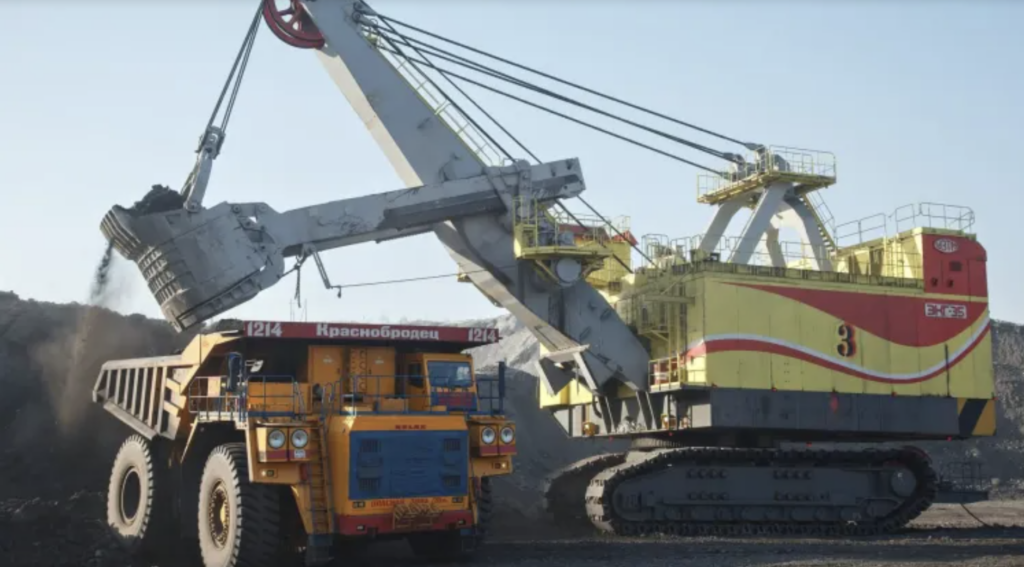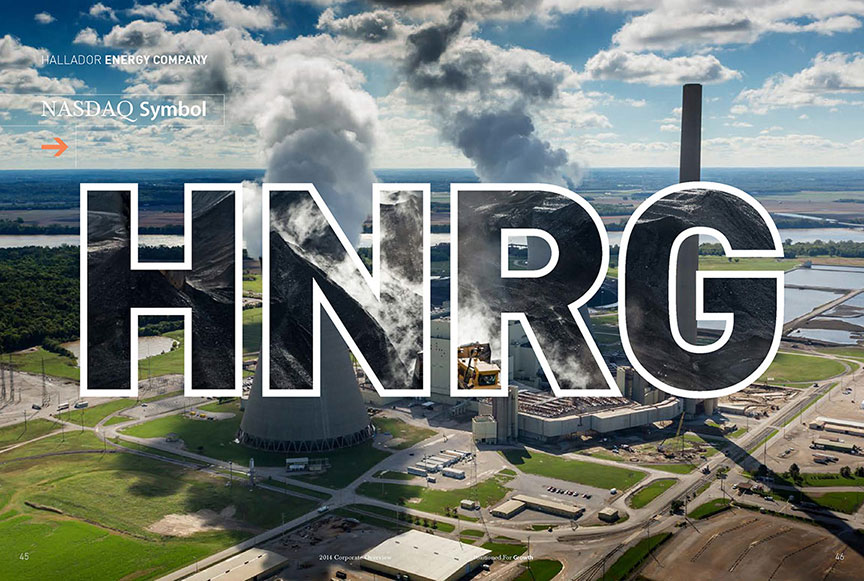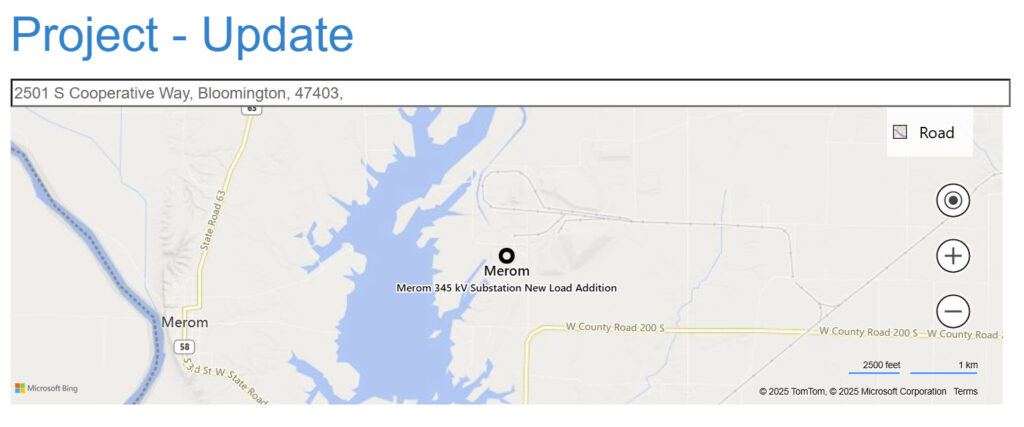Two locks on the Mississippi River near Baton Rouge and New Orleans, Louisiana, were shut to traffic starting this morning due to structural failures.
The Port Allen lock near Baton Rouge and Inner Harbor Navigation Canal (IHNC) lock near New Orleans were shut around 9am ET, according to a status dashboard on the US Army Corps of Engineers (Corps) website. Both locks were shut after weld failures were reported on gate opening equipment, according to the Corps.
The Port Allen lock will remain shut for at least three weeks while the IHNC lock is estimated to be closed for a week.
The Port Allen lock sits on one of the two connections between Houston, Texas, and the Mississippi River via the Intracoastal Waterway (ICW). The IHNC lock connects the lower Mississippi River in New Orleans to sections of the Gulf ICW east of the river.
Barge traffic slows
Barge traffic between terminals and refineries on the Texas Gulf coast and points in Louisiana has slowed, market participants said this morning. Immediate price impacts for refined products and feedstocks were not clear.
A backup of 63 tows has built up at the IHNC since repairs started early on 30 March, according to today’s daily river conditions report by barge operator American Commercial Barge Lines (ACBL), with an average wait time of 70 hours. ACBL expects the closure at IHNC to last until at least 7 April.
The Port Allen lock closure has caused significant delays at the Algiers lock connecting the river south of New Orleans to the ICW, with ACBL reporting 27 tows waiting and 22 tows transiting for an average of almost 35 hours this morning.
Scheduled repairs for the Bayou Boeuf lock on the ICW near Morgan City, Louisiana, have been delayed in response to the Port Allen closure.
By Gordon Pollock
Source: Argus Media
Implications for Coal Traffic
The closure of two critical locks on the Mississippi River due to structural failures—Port Allen near Baton Rouge and Inner Harbor Navigation Canal (IHNC) near New Orleans—has significant implications for coal transport logistics, as well as the wider commodities market.
Firstly, the Port Allen lock’s shutdown for an estimated three weeks will disrupt the main route connecting Houston to the Mississippi River via the Intracoastal Waterway (ICW), which is a vital corridor for transporting coal and other commodities to and from the refineries and terminals along the Texas Gulf coast. The IHNC lock, which is anticipated to be closed for a week, is equally critical as it facilitates the movement from the lower Mississippi River to the Gulf ICW east of the river.
With these closures, barge traffic has already begun to slow down, causing delays in the delivery of coal and other products. This will likely lead to a bottleneck effect, where there is a buildup of tows waiting to pass through the affected locks, as evidenced by the 63 tows already reported to be waiting at the IHNC and 27 at the Algiers lock. Such backlogs can lead to significant wait times, which have been reported to be an average of 70 hours at IHNC and 35 hours at Algiers lock.
These delays can have several knock-on effects:
- Increased Shipping Costs: The longer wait times for tows could result in increased shipping costs due to the additional time that barges spend in transit. These costs may be passed on to consumers or absorbed by shipping companies, affecting their bottom line.
- Supply Chain Disruptions: Industries relying on coal and other commodities transported via these routes may face supply chain disruptions. This could lead to a shortage of materials for power generation and other industrial processes.
- Impact on Commodity Prices: While the immediate price impacts for refined products and feedstocks are unclear, prolonged logistical disruptions tend to put upward pressure on commodity prices due to supply constraints.
- Strain on Alternative Routes: The traffic usually passing through the affected locks might be diverted to other routes, which could lead to congestion and delays elsewhere in the network.
- Potential for Increased Road and Rail Traffic: If the waterway transport of coal becomes less reliable, suppliers may turn to alternative methods of transportation such as trucks or trains, which could lead to increased road and rail traffic, along with higher emissions.
- Deferred Maintenance: The delay in scheduled repairs for other infrastructure, such as the Bayou Boeuf lock, in response to the Port Allen closure could lead to future logistical challenges if maintenance issues are not addressed in a timely manner.
Overall, the closure of the Port Allen and IHNC locks is a disruption to the coal transport logistics chain and poses challenges to the stability and efficiency of coal supply to the region. Stakeholders will need to monitor the situation closely and possibly seek alternative transport strategies to mitigate the impact on operations and costs.
By The Coal Trader, AI generated










